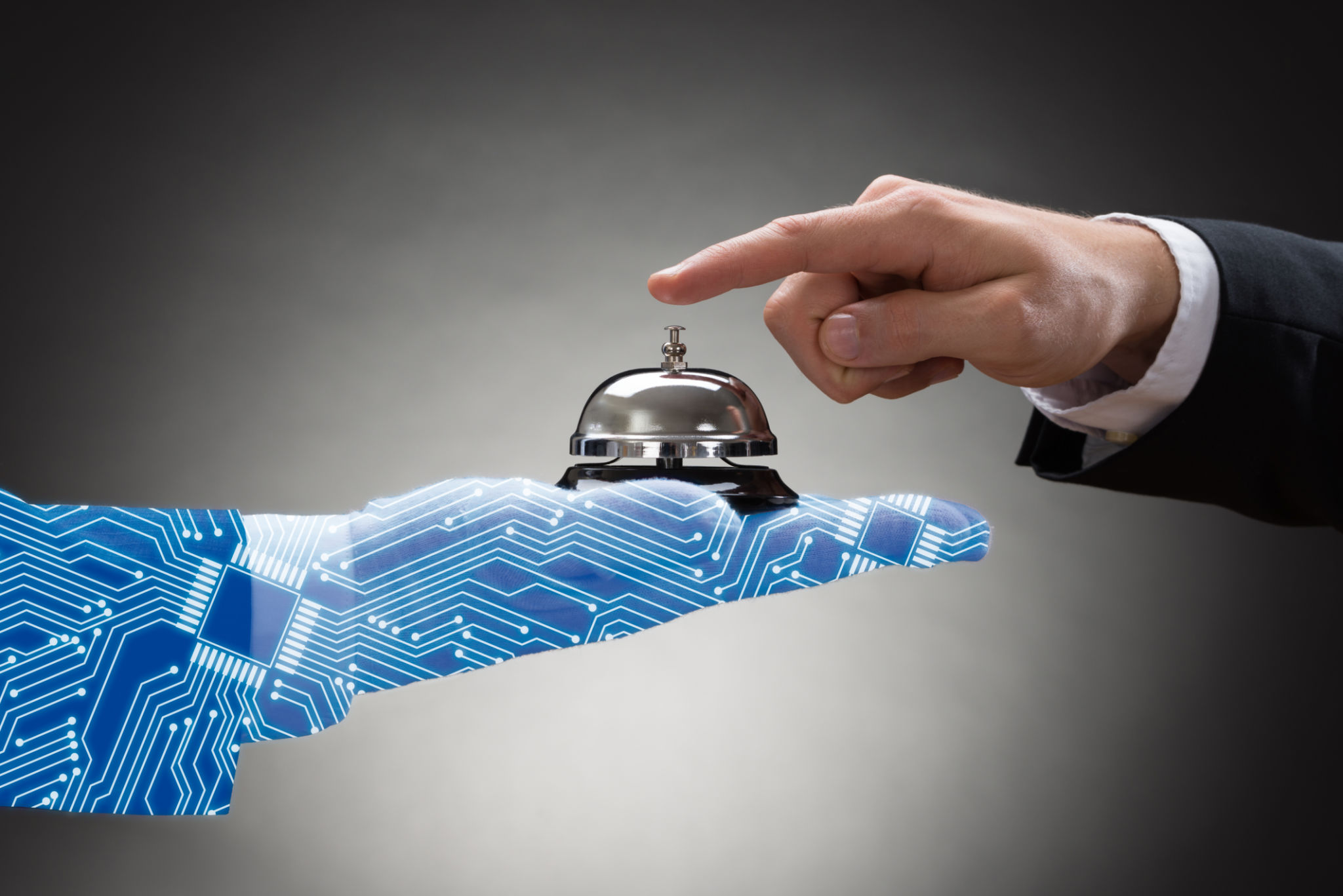Streamlining Hospitality Operations with AI: A Case Study
Introduction to AI in Hospitality
The hospitality industry is rapidly evolving with the integration of artificial intelligence (AI) technologies. These advancements are not just enhancing guest experiences but are also streamlining operations to improve efficiency and profitability. In this blog post, we'll explore a compelling case study that demonstrates how AI is transforming hospitality operations.

Challenges in Traditional Hospitality Operations
Managing a hotel or a resort involves juggling numerous tasks that range from front desk operations and room service to logistics and maintenance. Traditionally, these tasks have been labor-intensive and prone to human error. Staffing shortages, fluctuating demand, and the need for round-the-clock service have further complicated operations.
These challenges often lead to inefficient operations, increased costs, and inconsistent service quality. Hoteliers have been seeking innovative solutions to overcome these hurdles, and AI has emerged as a promising tool in this quest.
AI-Powered Solutions
AI technologies are being utilized to automate and optimize various aspects of hospitality operations. Here are some of the most impactful applications:
- Automated Check-In/Check-Out: AI-powered kiosks and mobile apps enable guests to check in and out seamlessly, reducing wait times and freeing up staff for other tasks.
- Predictive Maintenance: AI systems can analyze data from IoT devices to predict when equipment might fail, allowing for proactive maintenance that minimizes downtime.
- Personalized Guest Experiences: AI algorithms analyze guest data to offer personalized recommendations and services, enhancing the overall experience.

Case Study: A Leading Hotel Chain
A leading international hotel chain recently implemented AI solutions across its properties to streamline operations. The chain faced challenges with high staff turnover and inconsistent service delivery, which impacted guest satisfaction and operational costs.
The hotel chain partnered with a technology provider to integrate AI-driven solutions that addressed specific operational pain points. The implementation resulted in significant improvements in both efficiency and guest satisfaction.
Results and Benefits
After the integration of AI technologies, the hotel chain observed several notable benefits:
- Increased Efficiency: Automated processes reduced the workload on staff, allowing them to focus on delivering superior guest service.
- Cost Savings: Predictive maintenance and optimized resource allocation led to substantial cost reductions.
- Enhanced Guest Experience: Personalization features ensured guests received tailored services, leading to higher satisfaction scores.

Conclusion: The Future of Hospitality with AI
The successful implementation of AI in this case study demonstrates the potential of these technologies to revolutionize the hospitality industry. As AI continues to evolve, its applications will become even more sophisticated, offering new opportunities for hoteliers to enhance operations and elevate guest experiences.
Embracing AI is not just about keeping up with technology trends; it's about building a more efficient, responsive, and customer-centric operation. For hospitality businesses looking to stay competitive, integrating AI into their operations is no longer an option but a necessity.
